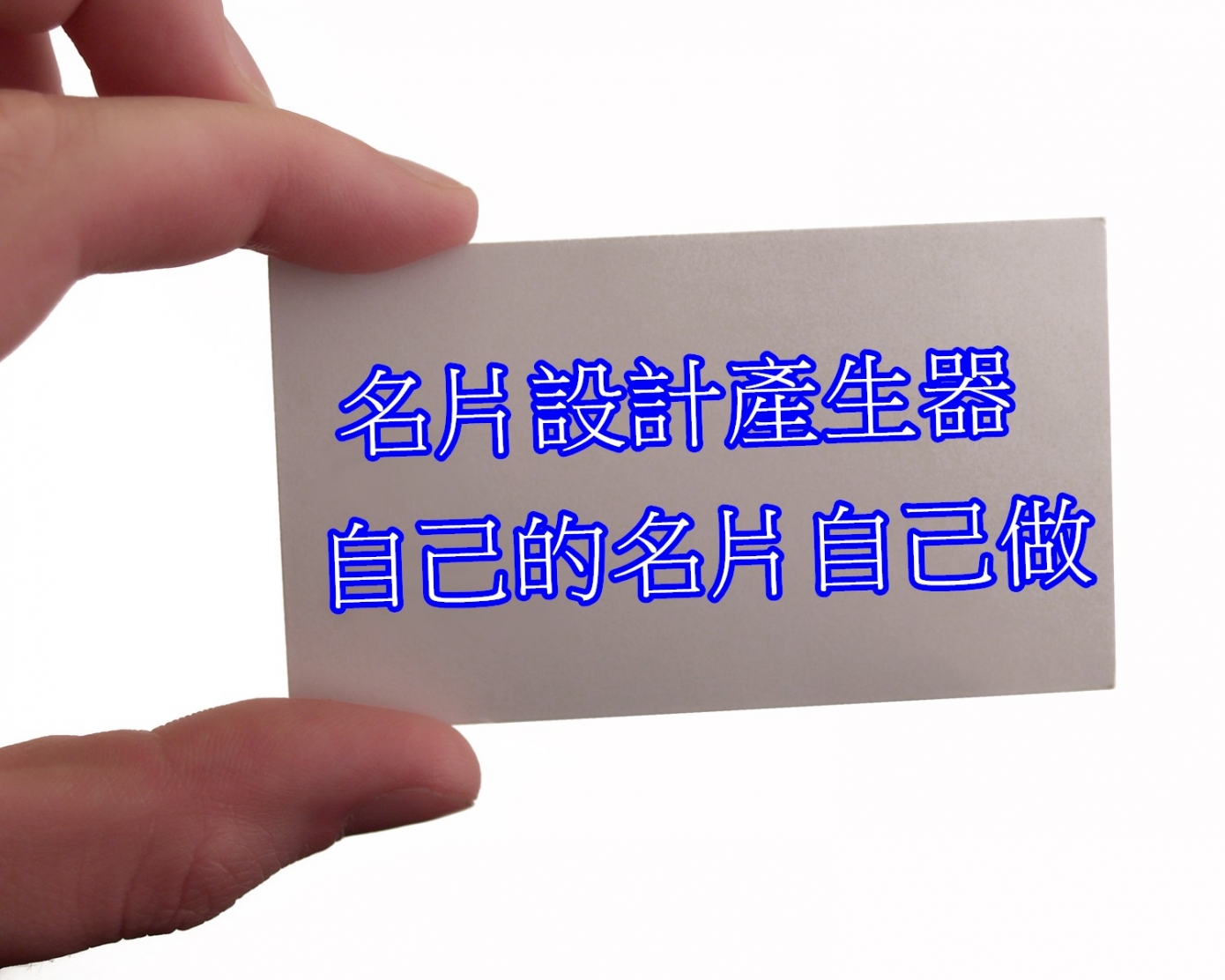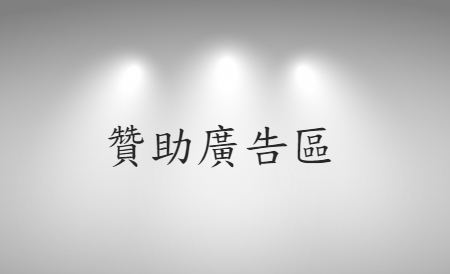singular [形容詞] 單數的;獨個的
singular
['siŋgjulə]
adj.單數的, 奇特的, 非凡的
n.單數
例句與用法:
Myself. Used as a reflexive when we is used instead of I by a singular speaker or author, as in an editorial or a royal proclamation.
我自己我自己。當單個說話者或作者(如在報紙雜誌社論或皇家聲明中)用we代替I時所使用的反身代詞
The noun "mouse" is singular; it is the singular form of "mice".
名詞「mouse」是單數,它是「mice」的單數形式。
詞形變化:
副詞: singularly | 名詞: singularness |
英文解釋:
名詞 singular:
the form of a word that is used to denote a singleton
同義詞:singular form
形容詞 singular:
unusual or striking
同義詞:remarkable
beyond or deviating from the usual or expected
同義詞:curious, funny, odd, peculiar, queer, rum, rummy
being a single and separate person or thing-William James
composed of one member, set, or kind
grammatical number category referring to a single item or unit
the single one of its kind
同義詞:unique
同義詞
remarkable | odd | curious | outstanding | extraordinary | unusual | rare | unparalleled | noteworthy | super | wondrous | notable | terrific | peculiar | exceptional | striking | wonderful | queer | strange | prominent | conspicuous | nonpareil | quaint | incomparable | uncommon | special | unique | eminent | eccentric | signal | distinctive | divergent | outlandish | deviant | fantastic | preposterous | different | bizarre | only | sole | one-of-a-kind | arresting | especial | particular | original | differential | single | aberrant | amazing | funny | rummy | rum | crazy |
反義詞
plural |
以上來源於大辭典



